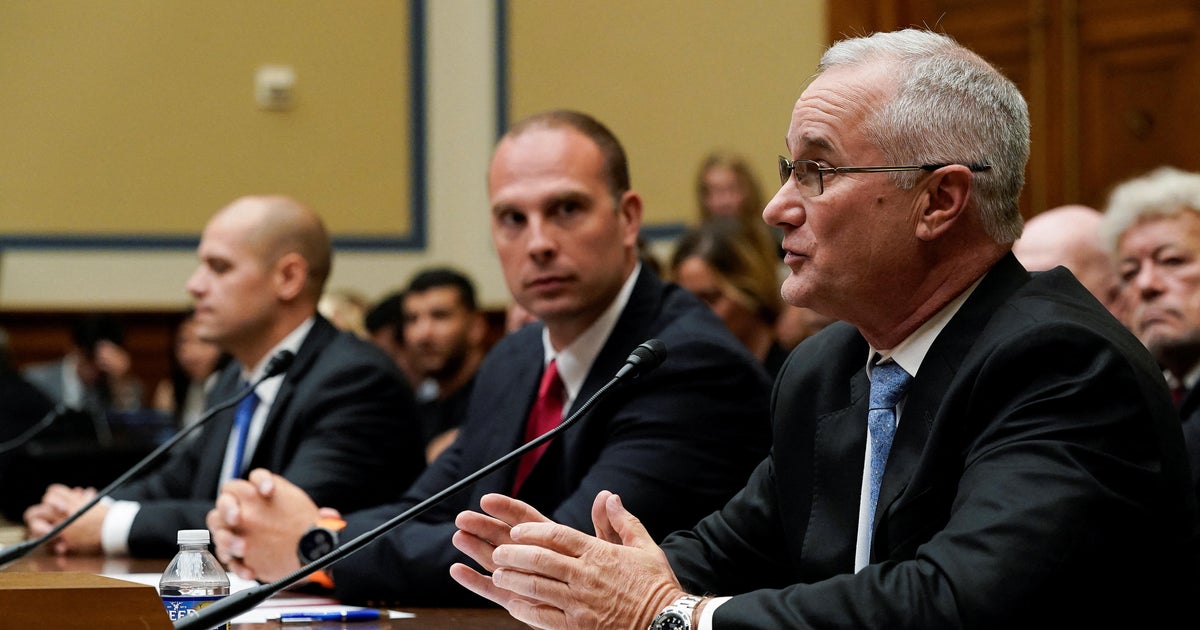- Nov 23, 2021
- 2,000
- 660

The story behind the "Tic Tac" UFO sighting by Navy pilots in 2004
Retired Navy pilot David Fravor said that in 2004 off the coast of Southern California, advanced radar detected what operators called "multiple anomalous aerial vehicles" descending 80,000 feet in less than a second.
‘ . . He and Lt. Cmdr. Alex Dietrich were training with the Nimitz Carrier Strike Group about 100 miles southwest of San Diego, Favor told "60 Minutes." At the time, advanced radar on a ship that was a part of their training group, the USS Princeton, detected what operators called "multiple anomalous aerial vehicles" over the horizon, descending 80,000 feet in less than a second. Fravor and Dietrich diverted to investigate. . ’
.
.
‘Fravor went in for a closer look. He described the "Tic Tac" object mirroring his movements, saying "it was aware we were there." . . ’
—————————
This is the 2004 “Tic Tac” sighting, called that because the oval shape kind of looked like a Tic Tac candy. The fact that’s there’s also radar makes it a better sighting.
However —
the part about mirroring the pilot’s actions makes it sound like an optical phenomenon.
?? ice clouds that reflect light ??
?? can radar also be bounced in weird ways ??



